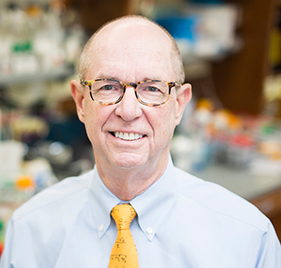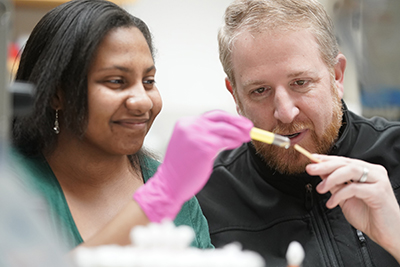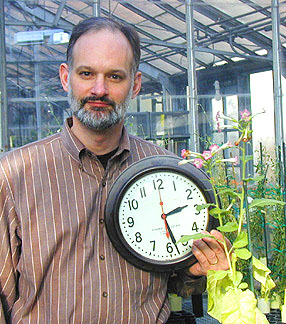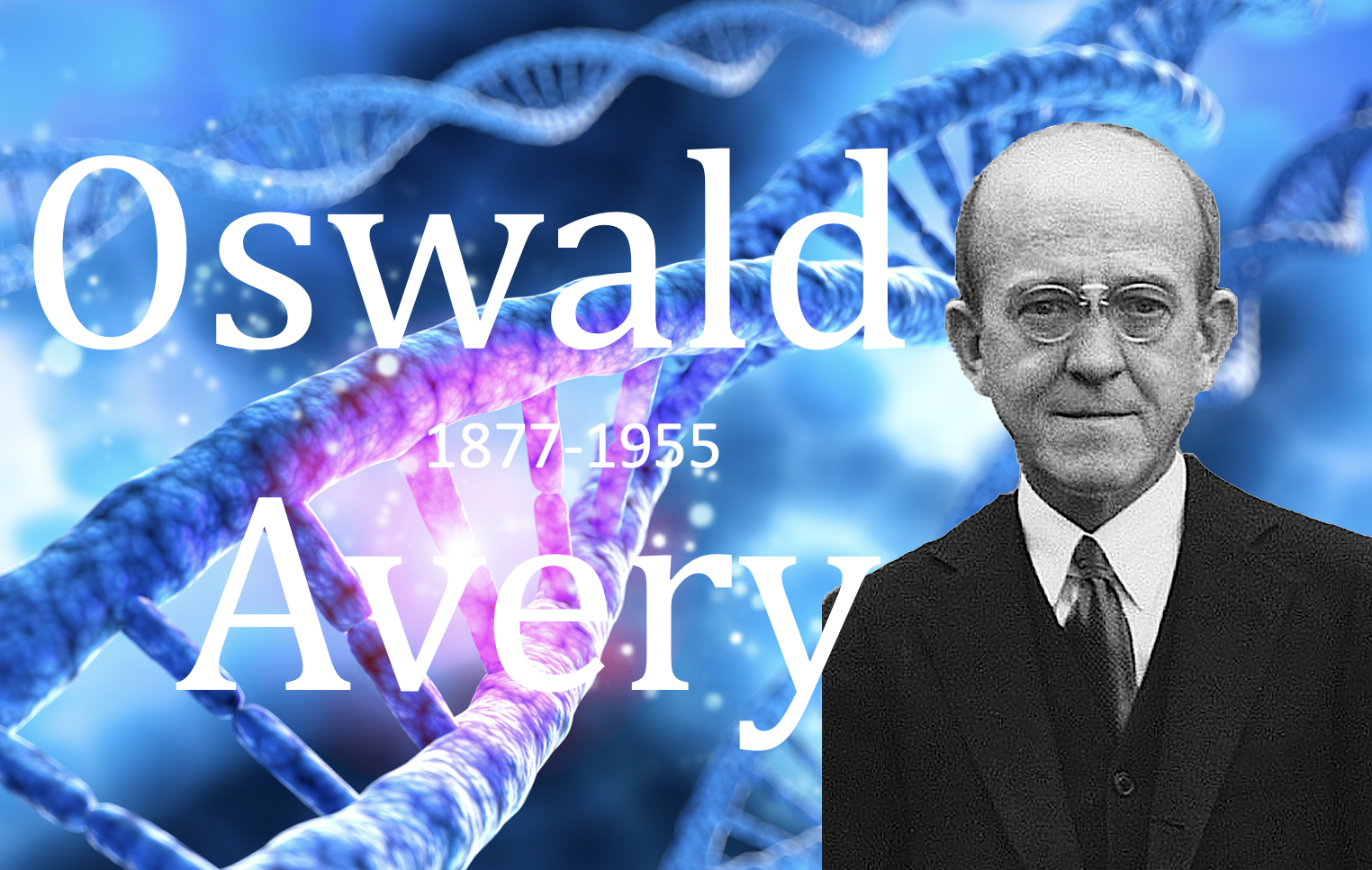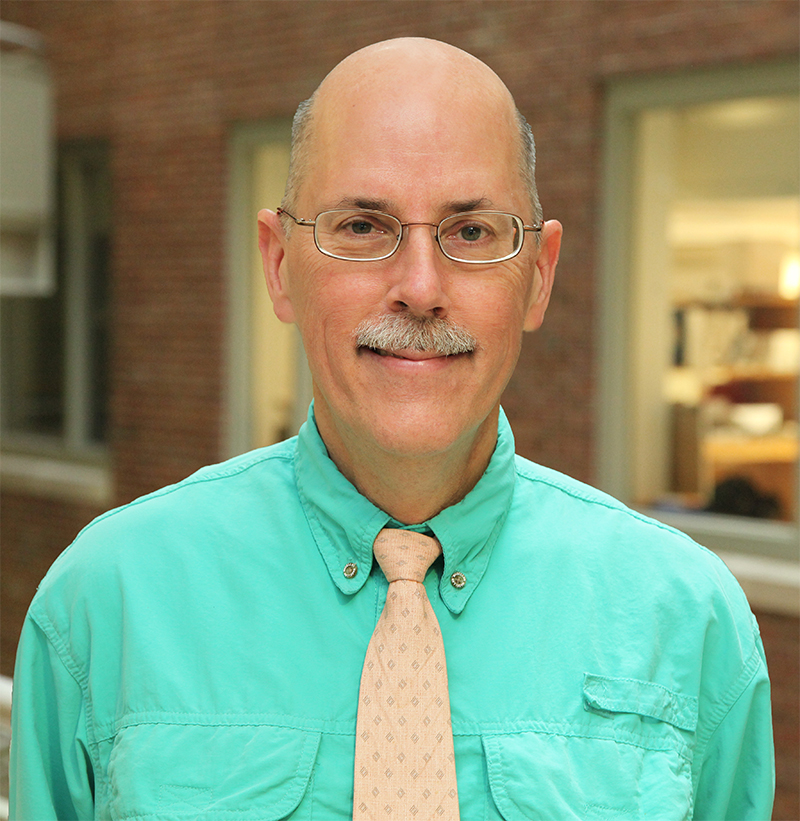Author
Professor makes Vanderbilt-discovered cancer targeting molecule freely available to researchers through collaboration with Boehringer Ingelheim
Nov. 15, 2021—Stephen Fesik, Orrin H. Ingram II Chair in Cancer Research, has conducted pioneering research on some of the most difficult drug discovery targets in cancer research. As a result of his lab’s discoveries, molecule-specific data has been made freely available for download to cancer researchers on the opensource platform opnMe.com, which is an initiative being driven...
Search committee announced to find next dean of School of Medicine Basic Sciences
Nov. 8, 2021—Provost and Vice Chancellor for Academic Affairs C. Cybele Raver has appointed a committee to conduct a national search for the next dean of the School of Medicine Basic Sciences. The committee includes faculty members, Vanderbilt University Medical Center leadership, a dean, an alumna and a current student. John Geer, Ginny and Conner Searcy Dean...
Darwin’s magnificent mystery and the microbiome
Nov. 2, 2021—Vanderbilt researchers are reimagining Charles Darwin’s work by communicating how the origin of species might depend largely on the microbiome—the totality of bacteria, viruses, fungi and other organisms—living in or on a host body. Darwin’s On the Origin of Species put forth a seminal and revolutionary thesis for the life sciences in 1859: Populations with a common ancestor evolve over time with...
Scott Hiebert, PhD awarded grant from V Foundation to support study of pediatric soft tissue sarcoma
Oct. 29, 2021—The V Foundation for Cancer Research has awarded a $600,000 grant to Scott Hiebert, PhD, professor of Biochemistry and Medicine, to pursue a possible precision therapy for a type of sarcoma that predominantly affects children. Scott Hiebert, PhD Hiebert, the Hortense B. Ingram Professor of Cancer Research, will develop a precision therapy for PAX3-FOX01-dependent rhabdomyosarcoma....
Eat breakfast and stop late-night snacking
Oct. 29, 2021—Researchers have confirmed that due to daily circadian rhythms regulating metabolism, when you eat is as important as the how much and what you eat when trying to gain, lose or maintain weight. Carl Johnson, professor of biological sciences, collaborated with graduate student Kevin P. Kelly to test how the timing of daily meals and snacks throughout the day affects weight maintenance. With 24-hour access to some food, those eating the biggest meal of the day in the morning gained...
Vanderbilt Vaccine Center a step closer to broad ebolavirus protection
Oct. 29, 2021—A combination of two broadly acting monoclonal antibodies isolated by researchers at Vanderbilt University Medical Center protected non-human primates from ebolavirus disease, which causes severe and often-fatal hemorrhagic fever in humans. Their findings, published this week in the journal Cell, bring closer to development the first clinical therapy effective against all three primary ebolaviruses responsible...
Protein Society President’s Column Honors Oswald Avery
Oct. 27, 2021—Chuck Sanders, president of The Protein Society, penned this tribute to Oswald Avery, which appears in the October 2021 issue of the Society’s newsletter: It came to my attention that Oswald Avery is buried here in Nashville at the atmospheric Mt. Olivet Cemetery—I had been told that my Dean, Larry Marnett, used to take his...
Vanderbilt Human Genetics Program
Oct. 19, 2021—Vanderbilt Human Genetics Program
Sanders lab compiles list of genes and proteins that cause the 70 most common genetic diseases
Oct. 15, 2021—Research led by Chuck Sanders, associate dean for research in the School of Medicine Basic Sciences and professor of biochemistry & medicine, and first-author Tucker Apgar, an undergraduate student in the Sanders Lab, compiled the first comprehensive list of genes and proteins that cause the 70 most common genetic diseases. Their article was published in...
New marker for metaplasia
Oct. 14, 2021—Cellular changes in the stomach lining, called metaplasia, increase the risk for gastric cancer, the third leading cause of cancer deaths worldwide. Two types of metaplasia are observed in the human stomach: pyloric metaplasia, initiated from spasmolytic polypeptide-expressing metaplasia (SPEM) cells, and intestinal metaplasia, which can represent a more advanced type of metaplasia. James Goldenring, MD,...

